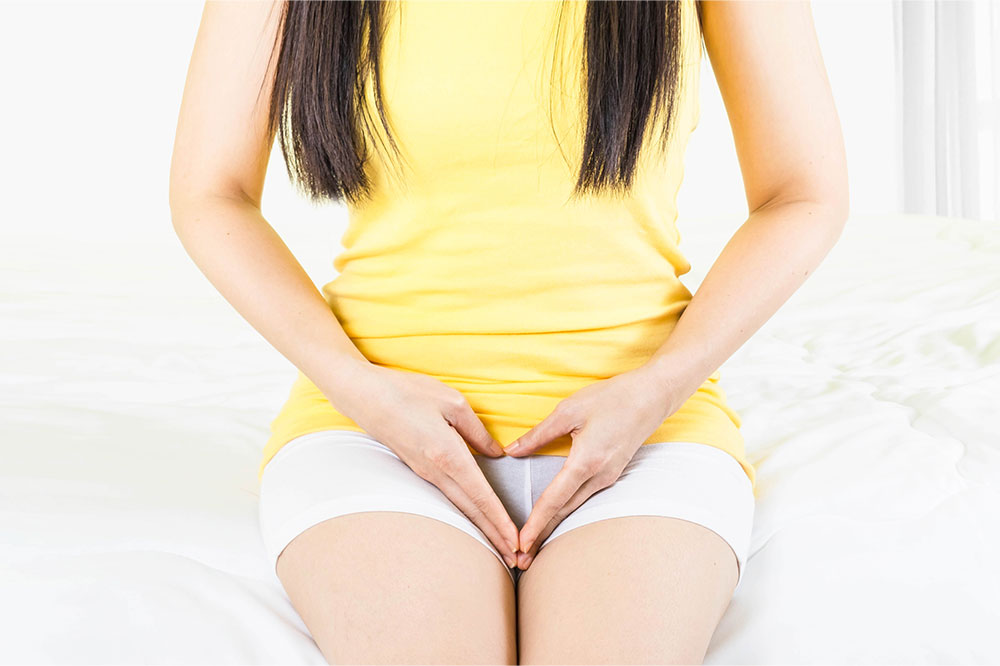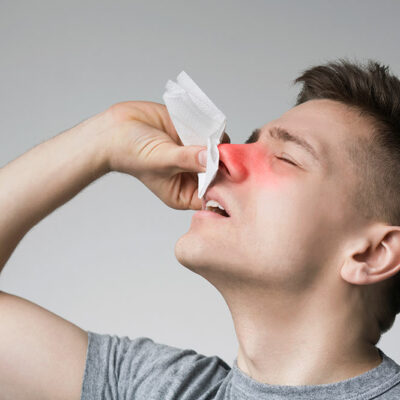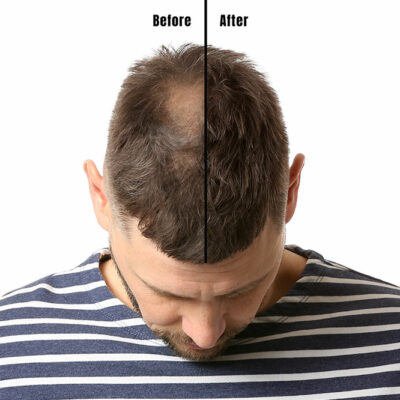
5 Tips to Prevent Overactive Bladder
Overactive bladder, also known as OAB, results in the sudden and frequent urge for urination. Most of the time, it is difficult for you to control this urge. There will also be times when you will feel the need to pass urine several times during the day and night. It may also result in urgent incontinence or unintentional urine loss. OAB can be embarrassing for some people.
So, what should you do for overactive bladder prevention? Read on to find out.
1. Maintain bowel regularity
When you are constipated, there is an added pressure on the bladder. It has a negative implication on bladder function. However, maintaining healthy bowel habits can help you overcome constipation, and over time reduce the symptoms. You can increase your fiber consumption to maintain bowel regularity. Consider adding foods such as bran, cereal, pasta, beans, whole-wheat bread, vegetables, and fruits to your diet. Exercise daily and take two tablespoons of a mix of one cup unprocessed wheat bran, one cup apple sauce, and ¾ cup prune juice, and consume this mixture early in the morning.
2. Quit smoking
Cigarette smoking can be irritating for the bladder muscles. When you experience repeated coughing spasms, it may result in urine leakage.
3. A void foods or drinks that can irritate the bladder
A few kinds of foods and drinks can irritate your bladder. You need to eliminate or lower the consumption of these foods from your list. Begin by avoiding diuretics. These include drinks, such as alcohol and caffeine. These trigger the body to produce higher urine. Further, you should take certain foods out of your diet by following the elimination method. So, eliminate them one by one, and then add them back if they do not trigger the symptoms. Usually, people feel better after changing their dietary habits. Some foods and drinks that have a negative implication on the bladder are certain spicy items, chocolate (not white chocolate), alcohol, caffeine or coffee, tea, specific citrus fruits, fizzy drinks, soda drinks, and tomato-based foods.
4. Strengthen your pelvic muscles
The best method for overactive bladder prevention is Kegel exercises. For this, you need to know where your Kegel muscles are and then work towards strengthening them. You need to contract or tighten the muscles and hold the contraction for approximately two seconds. Next, you need to relax your muscles for about three seconds. Hold the contraction first for five seconds and then 10 seconds in a go. You can do 10 repetitions of this in three sets.
5. Timed urination
It involves following a fixed bathroom schedule. So, instead of going when you feel the urge, you have to set a limited schedule during the day. Together, you and your healthcare provider can maintain some schedule. As part of it, you can go every two-four hours, regardless of the urge to pee or not. The objective is to handle that urgency feeling and get complete control over your cycles.


